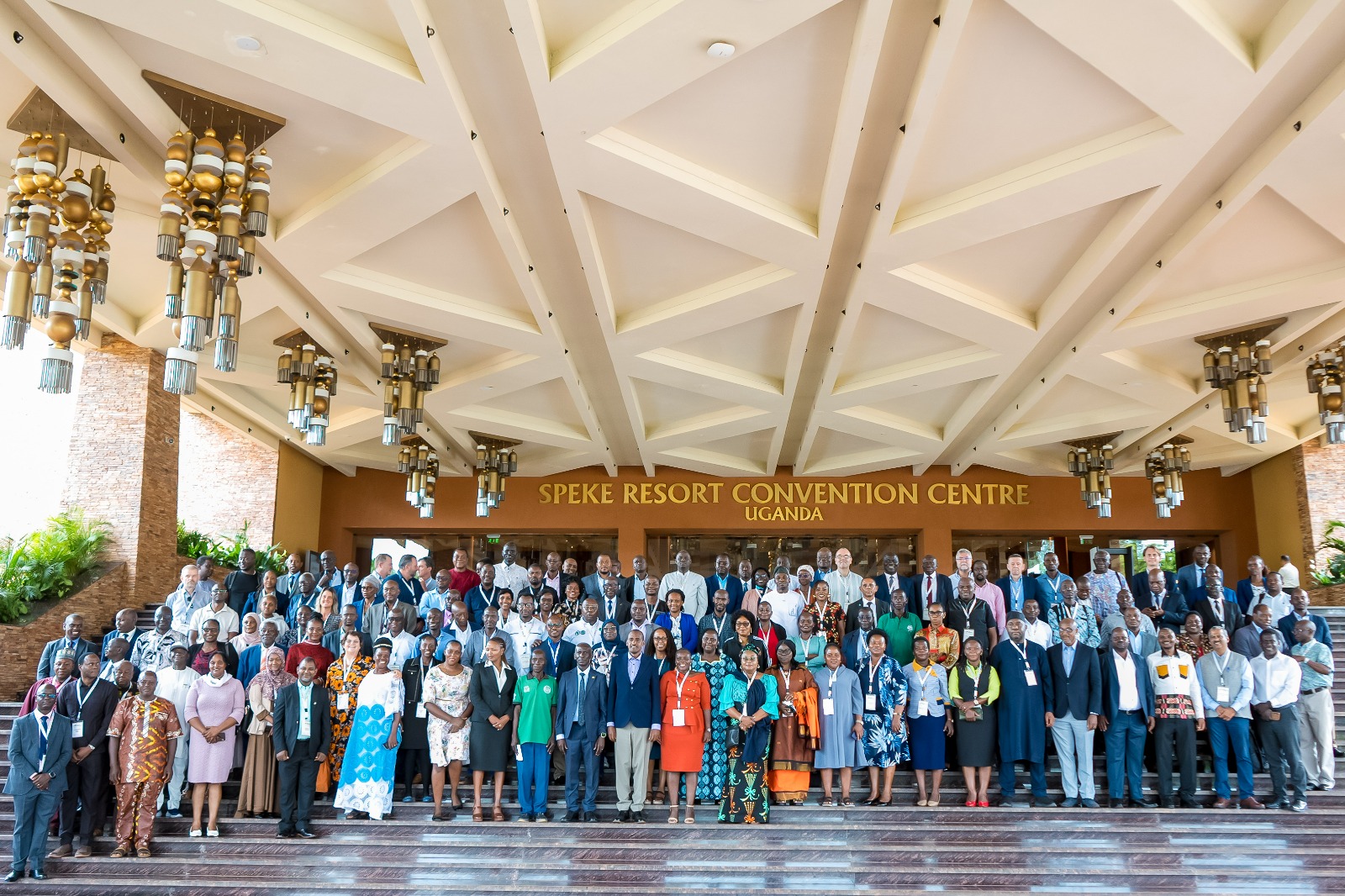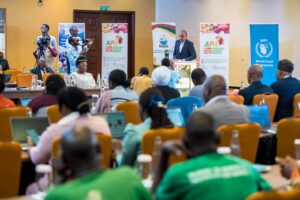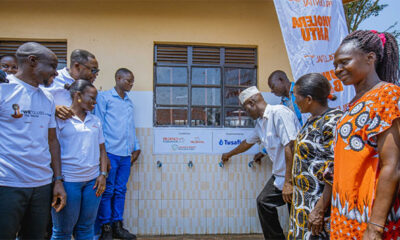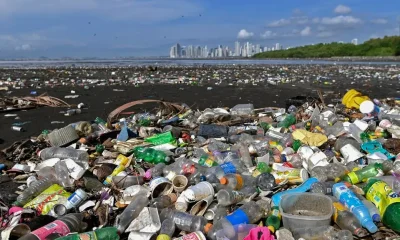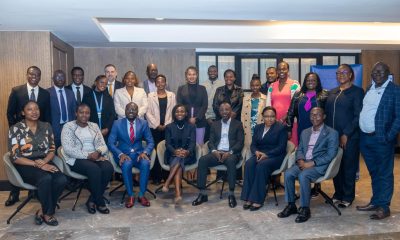Climate Change
Potatoes: Africa’s “Strategic Assets” for Climate Resilience and Nutrition, Minister Tumwebaze Declare at Landmark Conference
The 13th African Potato Association (APA) Conference, currently underway at Speke Resort Munyonyo, has brought into sharp focus the pivotal role of potatoes and sweet potatoes in bolstering nutritional security and fostering economic growth across Africa.
The five-day event, which commenced on Monday, May 26, and concludes on Friday, May 30, 2025, has convened over 300 delegates from across the continent and beyond.
During the conference’s opening remarks, Uganda’s Minister for Agriculture, Animal Industry and Fisheries, Frank Tumwebaze, emphasized the strategic significance of these staple crops. “Potato and sweet potato are not just food crops; they are strategic assets in achieving climate resilience, nutrition, and rural transformation,” Minister Tumwebaze stated, underscoring their multifaceted benefits.
The conference, themed “Fostering Climate-Smart Cropping Systems for Sustainable Potato and Sweet Potato Value Chains,” highlights the urgent need for innovative agricultural practices in the face of climate change.
Minister Tumwebaze lauded the National Agricultural Research Organisation (NARO) and its network of 16 public agricultural research institutions for their instrumental role in driving advancements in seed development, disease resistance, and climate-smart agricultural techniques. He pointed to Uganda’s robust research infrastructure and its high production capacity in sweet potato, now the country’s third most important crop, as testaments to ongoing progress.
Furthermore, Minister Tumwebaze stressed the imperative of enhancing value addition, minimizing post-harvest losses, and establishing more efficient market linkages, particularly to cater to the burgeoning urban demand for processed potato products like crisps and chips.
Dr. Yona Baguma, Director General of NARO and President of the African Potato Association, reiterated Uganda’s leadership in agricultural research. He highlighted the development of improved potato varieties, including purple-fleshed and beta-carotene-rich types, which are actively combating Vitamin A deficiency across Africa. “Uganda has developed improved potato varieties, including purple-fleshed and beta-carotene-rich types that are contributing to the fight against Vitamin A deficiency across Africa,” said Dr. Baguma.
He underscored the critical need for sustained and consistent funding for agricultural research to ensure future generations have access to sustainable sources of nutrition and protein for both human and animal consumption.
“The generations ahead need sustainable sources of nutrition and protein for both humans and animals. To achieve this, we must secure dedicated and consistent funding for agricultural research,” he stressed, describing the conference not merely as a scientific gathering but as a firm commitment to positioning African nations as global leaders in sustainable agriculture.
The conference also features a vibrant exhibition pavilion, showcasing cutting-edge solutions in seed systems, mechanization, post-harvest technologies, climate-smart agriculture, and value addition.
These innovations, presented by institutions, innovators, and private sector actors, aim to strengthen food systems, improve rural livelihoods, and catalyze agro-industrial growth throughout the continent.
Dr. Kassim Sadik, Deputy Director General for Agricultural Technology Promotion at NARO, called for increased private sector engagement in agricultural science to accelerate progress. Other notable voices, including Joyce Maru, Regional Director at the International Potato Center (CIP), credited the government of Uganda for its strong support of science-led development and called for deeper integration of research and market-driven solutions.
Organized by NARO in partnership with the African Potato Association (APA), the conference has garnered support from leading international institutions, including the International Potato Center (CIP), KOPIA, the World Food Programme (WFP), and the Food and Agriculture Organization (FAO), underscoring the collaborative effort to unlock the full potential of potatoes and sweet potatoes for a more food-secure and prosperous Africa.
Comments



